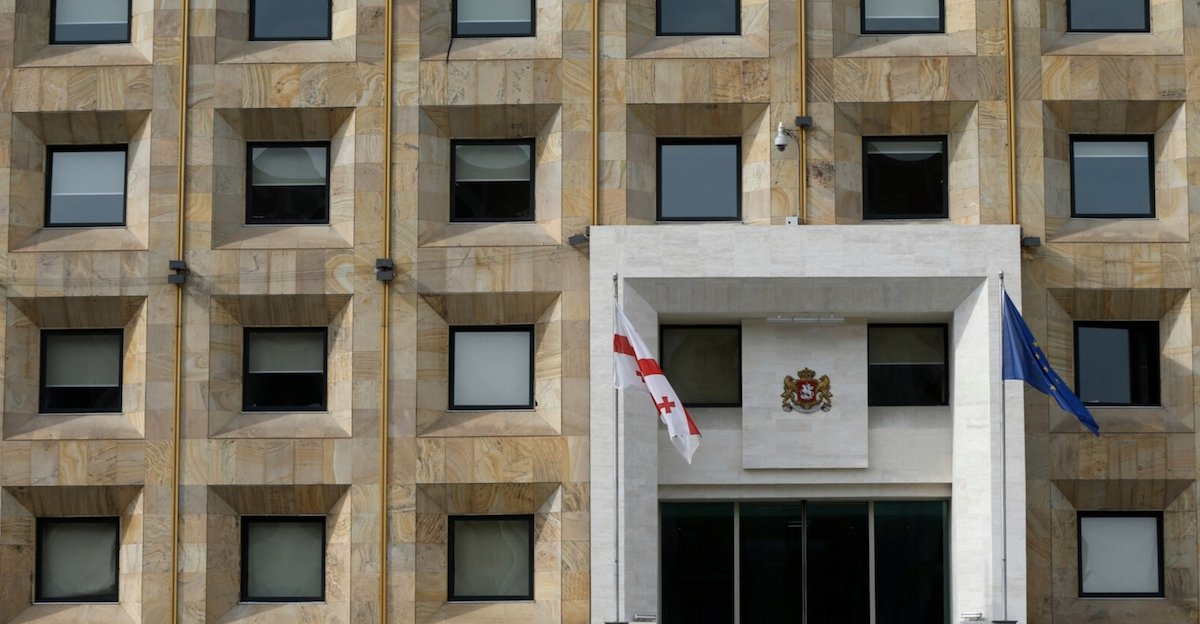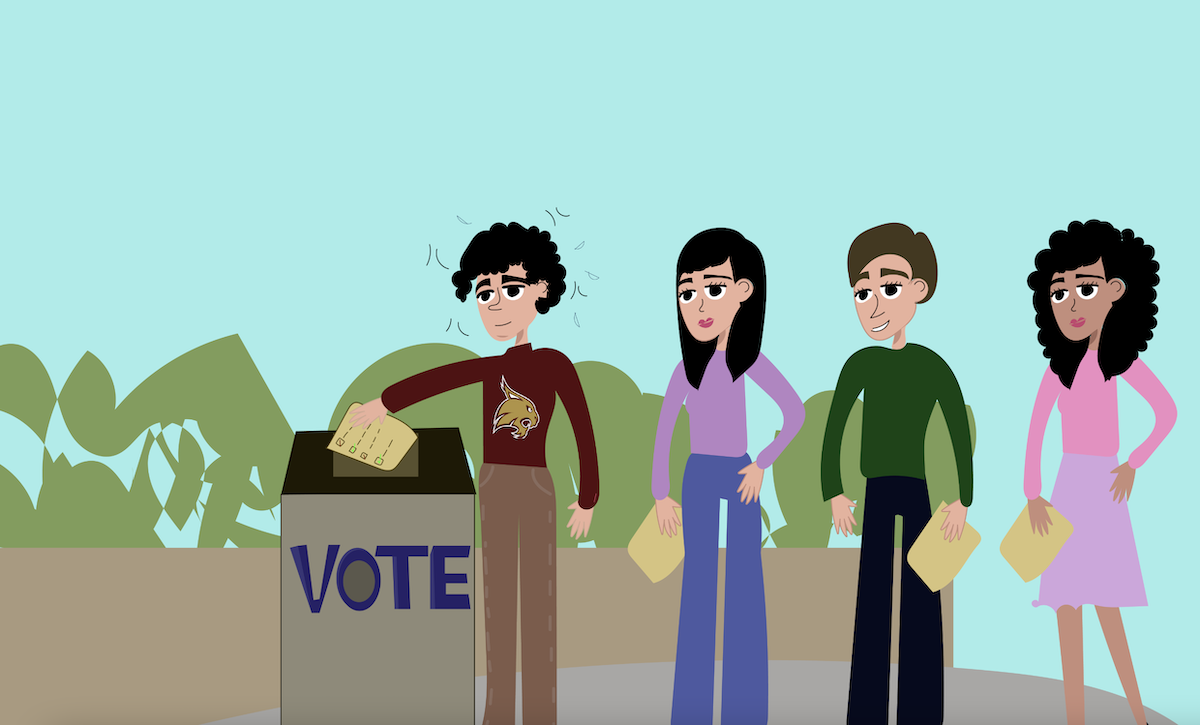
Georgia’s New Government
Parliamentary elections in Georgia set for October 26 will determine the country’s government for the next four years.
Polls indicate that if the ruling party, “Georgian Dream,” fails, no opposition party will be able to fill the cabinet on its own.
Here, we briefly explain the scenarios under which the current opposition could form a coalition government or, conversely, maintain one-party rule with Georgian Dream.
Twelve years of “Dreaming”
Georgian Dream has governed Georgia for 12 years. During this time, Georgia has held parliamentary elections three times: in 2012, 2016, and 2020.
In all three elections, Georgian Dream secured a parliamentary majority, but only in the first election in 2012 did it achieve over 50% of the vote.
In the other two elections, the ruling party benefited from the majoritarian system.
What to expect this year
One of the key differences in this year’s elections is the abolition of the majoritarian system: the elections on October 26 will be entirely proportional.
Many polls—except for one from the pro-government Imedi TV—indicate that under a proportional system, Georgian Dream has little chance of garnering more than 50% of the vote to form a government on its own.
It’s also unlikely that Georgian Dream will form a coalition with any other party: all major opposition forces that have a chance of surpassing the necessary 5% threshold have promised voters they will not ally with “Georgian Dream.”
How is our government formed?
To form a government, more than half of the parliament members—at least 76 out of 150 deputies—must express confidence in the prime minister and the cabinet proposed by a specific electoral entity (party or coalition).
According to the constitution, the process is as follows:
Once the Central Election Commission announces the final election results, the parliament is convened, and the procedure for electing the government begins. The parliament has two weeks to review and vote on each candidate.
The parliament has the right to conduct the government election process twice. Initially, the party that places first in the elections puts forward its own candidate for prime minister. The percentage of votes received by that party and whether it holds a majority do not matter; the key is to secure first place in the vote and surpass the 5% barrier.
If the proposed candidate does not receive support from 76 or more deputies, the right to nominate a candidate for prime minister passes to another electoral entity. In other words, the losing party or coalition will have the opportunity to form the government.
In this case, the same procedure must be followed within the same timeframe: within two weeks, the party or coalition proposes its government composition, which must receive the confidence of at least 76 deputies.
If the parliament fails to approve a government on the second attempt, the president must call early elections within two months.
Who has the best chance to form a government?
If “Georgian Dream” secures first place in the elections but still lacks enough votes to achieve a parliamentary majority and fails to “entice” another party to its side, it will not be able to form a government.
In that case, the ball would be in the opposition’s court. If “Georgian Dream” does not have a parliamentary majority, the opposition parties that surpass the threshold would collectively hold that majority. Thus, if the candidate proposed by Georgian Dream for prime minister fails, the opposition could agree on a common unified candidate.
This candidate could be from any opposition party or even an outsider. Additionally, even if a party candidate is chosen, it does not have to be from the largest party in the coalition.
Besides the prime minister, a cabinet must also be appointed, based on consensus among coalition members.
Ultimately, the parliament must vote on the proposed government composition.
If the opposition fails to nominate a single candidate, the possibility of creating a temporary technical government with a neutral prime minister and a cabinet comprised of professionals rather than politicians may be considered.
Typically, a technical government’s role is to manage the country during a transitional period to overcome a crisis, after which early parliamentary elections are held.
What if the opposition can’t agree?
If the opposition succeeds in the elections, the process of forming a government is likely going to be quite complicated. On some fundamental issues, such as Georgia’s European path, all major opposition forces agree. However, this consensus is not sufficient for forming a government.
Political analyst Gia Khukhashvili notes that the opposition coalitions — “Unity,” “Coalition for Change,” “Strong Georgia,” and the party of former Prime Minister Giorgi Gakharia, “For Georgia” —represent four “comparable political groups,” each with its own ambitions and “toxic relationships” with one another.
What happens if any party that surpasses the 5% threshold refuses to participate in coalition negotiations? For example, Giorgi Gakharia’s party has already stated that it will not form a coalition with either Bidzina Ivanishvili or Mikheil Saakashvili—meaning neither with Georgian Dream nor its main opponent, the National Movement.
“Under no circumstances will we cooperate or form a coalition with Ivanishvili or Saakashvili. Everything else is possible,” Gakharia said.
Could such a stance create a deadlock?
“They [Gakharia’s party] stated that they will not participate in a government with the National Movement. However, they did not say they would not support a coalition government formed by the opposition,” notes constitutional expert Vakhtang Khmaladze.
Gia Khukhashvili believes Gakharia’s comments indicate he will not cooperate with a government in which the National Movement holds leading positions.
“If the National Movement steps away from executive power and a neutral figure, like current President Salome Zourabichvili, takes charge, why shouldn’t Gakharia and his party collaborate?” Khukhashvili argues.
As mentioned earlier, if neither Georgian Dream nor the opposition forms a government, early elections will have to be called. However, global practices show that parties typically avoid early elections for two reasons:
- Elections are too costly for both the country and the parties themselves.
- Many important processes are halted during the election period, slowing down progress and development.
What happens to “lost votes”?
“Lost votes” refer to ballots cast for parties that fail to surpass the 5% threshold and therefore do not enter parliament. However, these votes do not vanish entirely; they are proportionally redistributed among the electoral entities that have crossed the threshold.
“This means that if five electoral entities enter parliament, my one vote will be proportionally divided among them,” explains Vakhtang Khmaladze.
In simpler terms, “lost votes” will to some extent “support” all parties—both the ruling party and the opposition. However, the party that has the highest percentage before accounting for “lost votes” will gain the most advantage.
The impact of these votes on the final election results depends on the performance of the parties that surpass the threshold and the total number of “lost votes.”
For instance, if the results for Georgian Dream or the opposition parties are very close to the 50% mark, “lost votes” could ultimately determine their fate in the elections. Conversely, if neither the ruling party nor the opposition can seriously approach this threshold, then “lost votes” will offer them little benefit.
Georgia’s New Government


